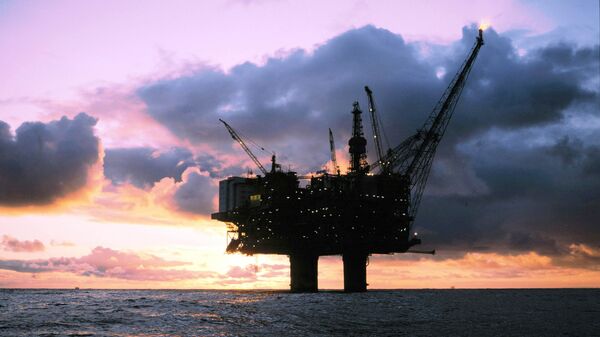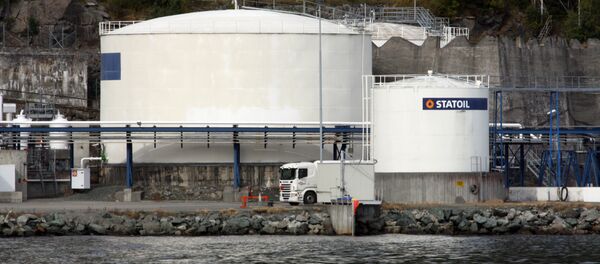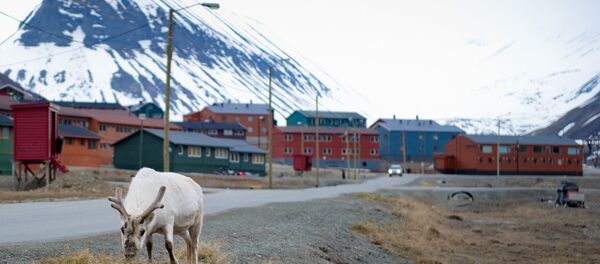Meanwhile, the NPD's new estimates are feared to be capable of triggering an international conflict over the oil-rich areas of Norway's Svalbard archipelago. According to Arild Moe, a senior researcher at the Fridtjof Nansen Institute, Norway may find itself in an increasingly hostile environment.
"If the oil industry develops a great interest, it would also lead to a great political pressure against Norway. An open conflict will only become likely, however, if Norway opens this part of the shelf for industrial development," Arild Moe told Norwegian national broadcaster NRK.
According to Arctic expert Per Arne Totland, Norway's Svalbard policy is now being threatened in many ways.
"There may be reason to believe that once this dish is made to look as attractive as it has been through the new resource estimate, international interest could increase. The conflict therefore becomes clear and is coming closer to the surface," Per Arne Totland told NRK.
"It is sheer nonsense to believe that these resources will ever be recovered. This area extends hundreds of miles north of the ice rim and would lead to emissions 75 times as high as today's," Nature and Youth Deputy Head Gaute Eiterjord told NRK.
In 2010, Norway and Russia signed a treaty to end a decades-old conflict over maritime borders, widening the area that can be explored and setting the stage for drilling in the formerly disputed zone to begin in 2017. Exploration in the Barents Sea has been underway for several decades, yet only the Goliat oilfield and the Snøhvit natural gas field are currently in operation.
Never miss a story again — sign up to our Telegram channel and we'll keep you up to speed!





